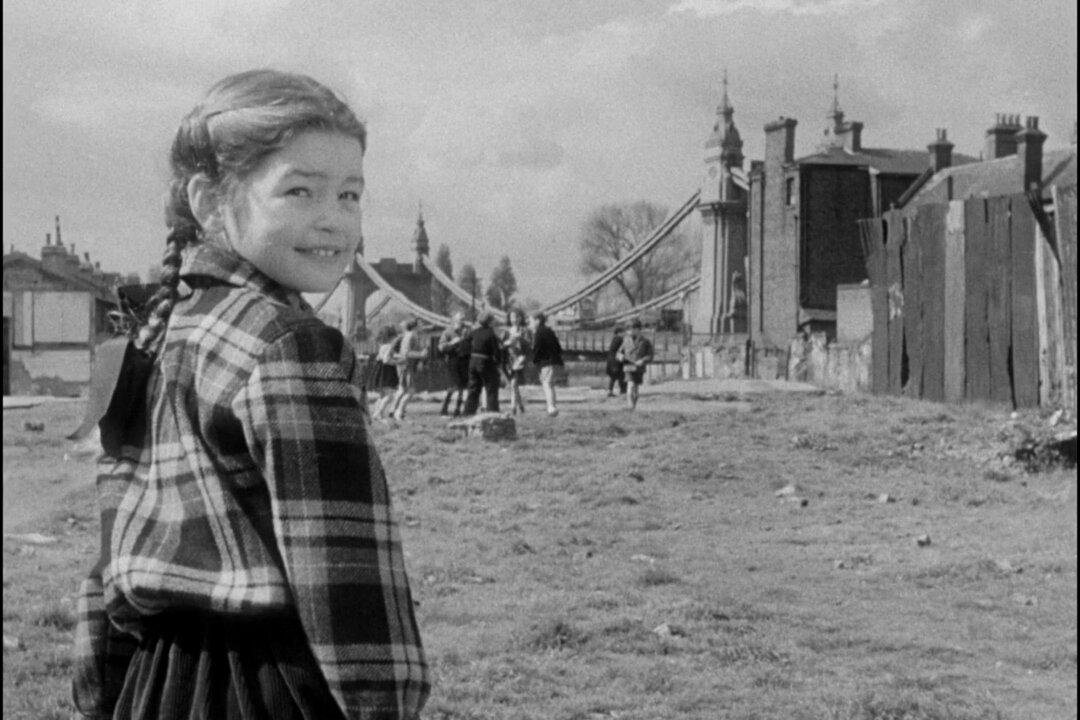G | 1h 33min | Drama | 1952
British writer Hilda Lewis based her novel, “The Day is Ours,” on her husband Michael Lewis’s work educating deaf children. American-born director Alexander Mackendrick based his film (also released as “Crash of Silence”) on her novel.





